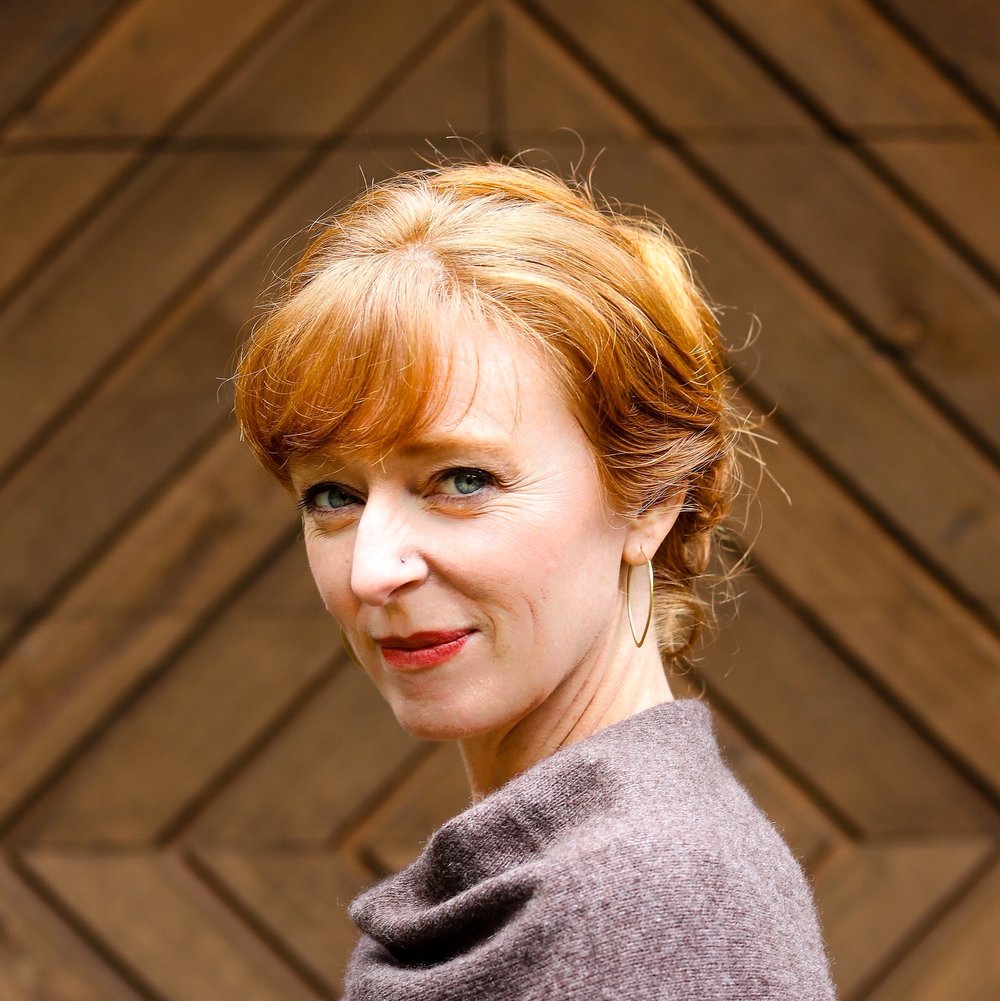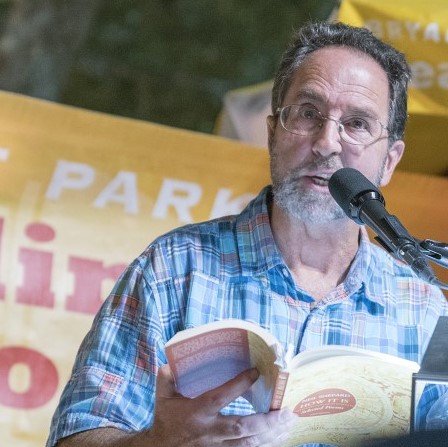Years ago — after her memoir, The Gospel of Trees, was published — Apricot Irving did a reading with Chautauqua’s Michael I. Rudell Director of Literary Arts Sony Ton-Aime.
“He translated one chapter of my book into Creole,” said Irving, an award-winning writer and the Chautauqua Writers’ Center Week Two prose writer-in-residence. “It’s the chapter about a character who is essentially the hero of my book.”
The chapter is titled “Little By Little the Bird Makes Its Nest,” which is a proverb in Creole, Irving said.

At 3:30 p.m. Sunday, July 3, in the Hall of Philosophy, Irving will give a reading from that chapter along with Ton-Aime. Irving will read from certain portions of the chapter in English, while Ton-Aime will read other portions in Creole, creating what Irving said would be a “call-and-response” effect. Irving, who will lead a week-long workshop, “Point of View in Memoir: Playing With Perspective,” will be joined by Neil Shepard, a poet, educator and the Week Two poet-in-residence.
“(On Sunday) I’ll be reading poems from my latest published book, How It Is: Selected Poems,” Shepard said. “And I have a new book coming out next year that I’ll be reading from, called The Book of Failures.”
Shepard said The Book of Failures isn’t so much about personal failures as much as it is about “failures writ large.”
“I’m talking about failures like extinction and climate change,” he said. “In other words, it takes on that theme pretty broadly. I’m hoping there’s a few sparkling moments to mitigate some of the sadder parts of it.”
Shepard’s week-long poetry workshop, “Writing About the Natural World,” closely adheres to the Week Two theme, “The Wild: Reconnecting with Our Natural World.”

“I’ll have four different parts to the workshop,” he said. “Every day I’ll examine some kind of thematic idea along with the class. We’ll look specifically at a different component of poetic craft that fits with that thematic idea each day, and then look at some sample poems from well-known contemporary poets.”
By way of example, Shepard said one day of his workshop might have a theme like “You Are What You Eat: Ingesting Otherness.”
“We’ll look at poems by a variety of poets that are about the eating of the world,” he said. “For the craft portion of that day, we might focus on the sounds the mouth loves — the sonics and the rhythms, since I’ll be talking about food and language.”
It’s Shepard’s goal, he said, to balance seriousness of purpose with conviviality.
“I really want people to have a good time at the workshop and at the reading,” he said. “That’s what I’m hoping for.”




